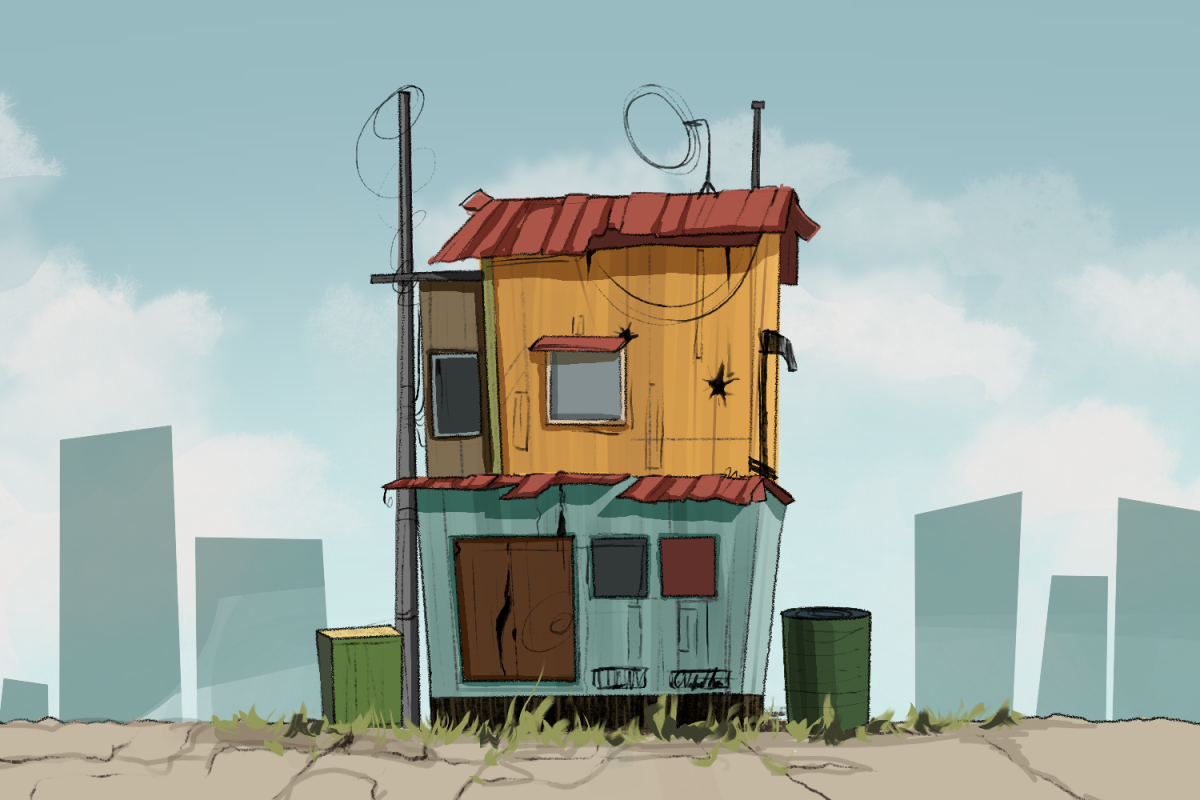With the resurgence of anti-intellectual rhetoric in politics, the pursuit of knowledge feels under attack. The recent executive order calling for the dissolution of the Department of Education, the pausing of graduate student admissions at many universities and the Trump administration’s history of attacking experts and educators speak to the volatility and vulnerability of the world of education.
According to a 2017 study by Matthew Motta, powerful political figures may use anti-intellectual rhetoric to discourage people from trusting experts on matters of scientific consensus through performative sympathy for the average citizen. These bad-faith efforts can have devastating consequences, ranging from the misuse of medications to the denial of climate change. They also contribute to the devaluation of education.
“It’s hard being a college student and being told that college is useless, that you don’t have to be there if you don’t want to,” biology freshman Aspen Dixon said. “I see (people say) all the time, ‘You don’t need a college education, you just need to be outgoing, be an extrovert — those are the people that are bossing around the kids that got their education.’”
The devaluation of education and factors such as affordability mean many young adults choose vocational training or directly enter the workforce. According to a report by the Western Interstate Commission for Higher Education, the number of 18-year-olds nationwide who graduate from high school each year will erode by nearly 13%, or approximately half a million, by 2041. Fewer college attendees mean fewer professionals going into essential fields like healthcare, law and STEM and a population less equipped with research and technical literacy skills.
Ashley Garling, clinical assistant professor of pharmacy practice, argues that anti-intellectualism is a nuanced issue that generally revolves around trust and privilege.
“(Anti-intellectualism) is not based necessarily out of hate,” Garling said. “But it is based off of the fact that privilege, power and the perception of scarce resources, or maybe the reality of scarce resources. When your family is not able to eat, if you don’t work — education, research, art, science, those things are not important.”
Gutting funding for public education, banning diversity, equity and inclusion efforts and disparaging experts do little to address this systemic inequality. Pursuing a higher education can benefit both an individual’s intellectual growth and society at large, allowing for economic opportunity, social advancement and the increase of knowledge. Ultimately, anti-intellectualism harms the public institutions that keep us safe and the individuals who work to improve our lives.
Tuscano is a government freshman from Round Rock, Texas.














